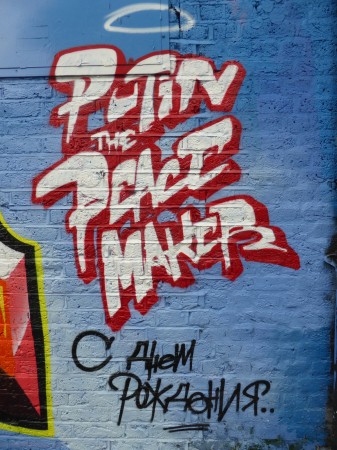
This article was originally published by the Harvard International Review on 16 February 2017.
While the new US administration should be looking for areas of cooperation with Russia where possible, it should do so without compromising the United States’ principled stance on Ukraine. Any such compromise will have grave repercussions not only for security in Eastern Europe but also for the global nuclear nonproliferation regime.
“We can talk about the economy, we can talk about social security—the biggest problem this world has is nuclear proliferation.” Donald Trump, “Meet the Press,” October 1999.
Speaking on February 2, 2017, at the Security Council meeting called by Ukraine in the wake of the renewed escalation of fighting in the Donbas, newly-appointed US Ambassador to the UN Nikki Haley said: “The United States stands with the people of Ukraine who have suffered for nearly three years under Russian occupation and military interventions.” She also reassured the world that sanctions imposed on Russia in response to its annexation of Crimea will remain in place until the peninsula is returned to Ukraine.


